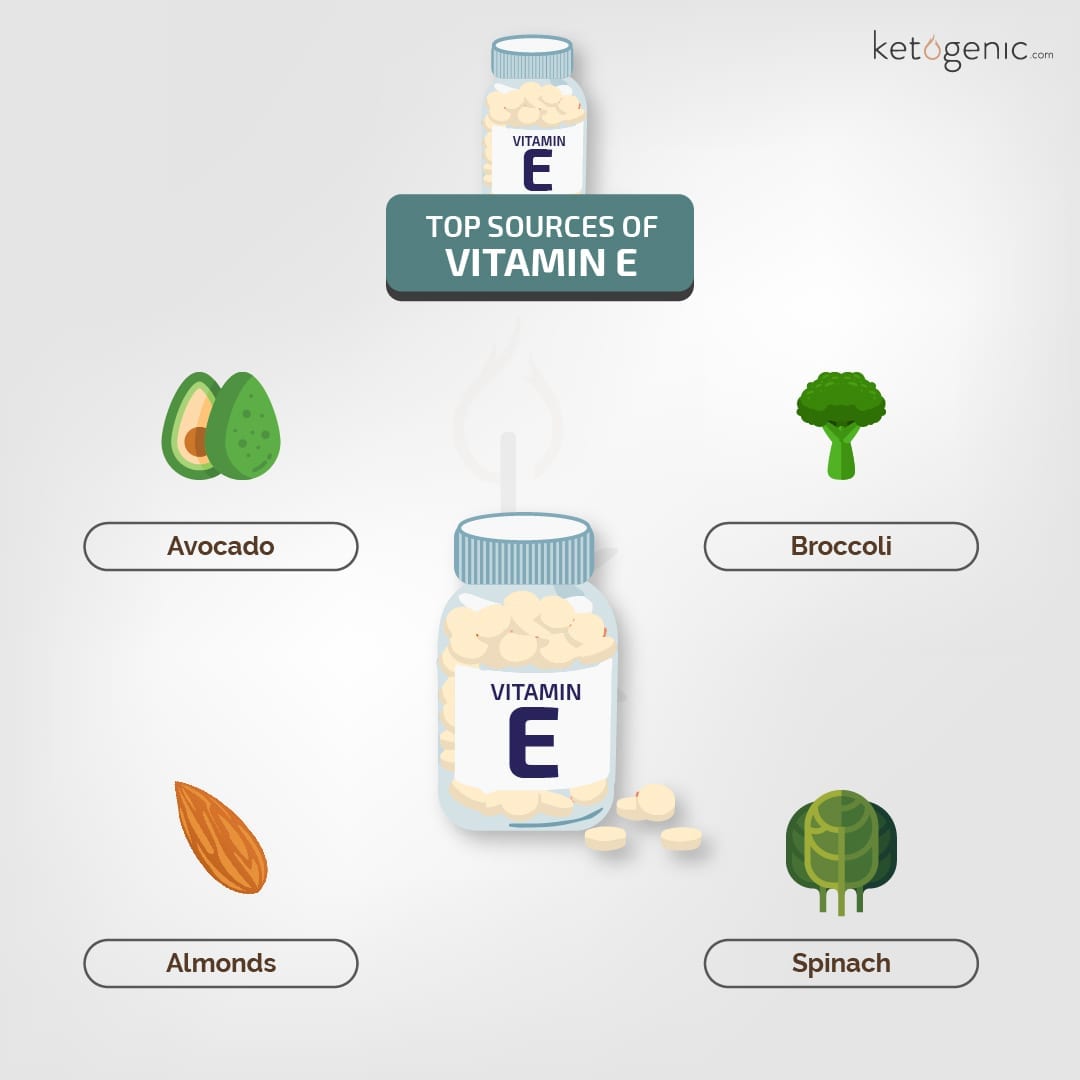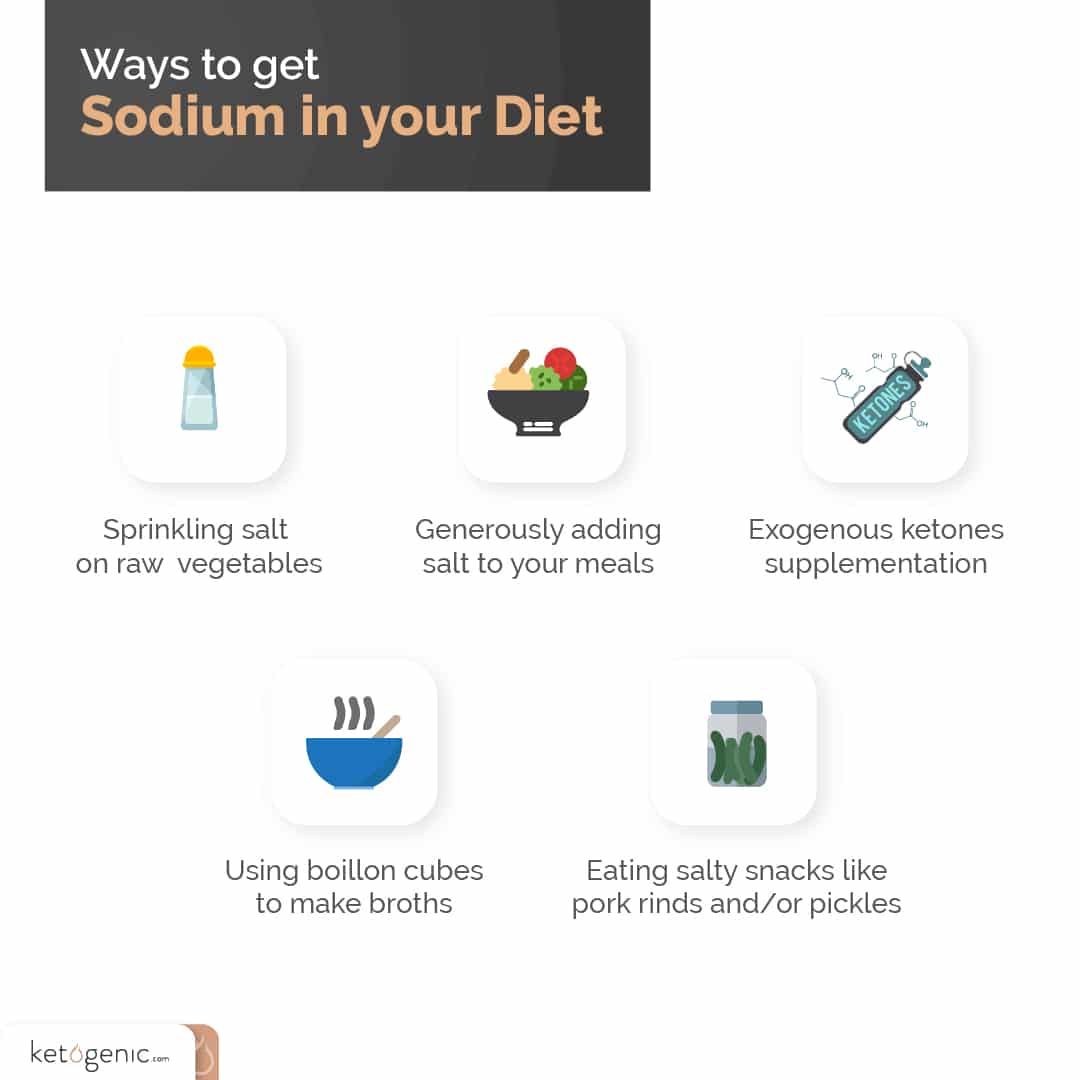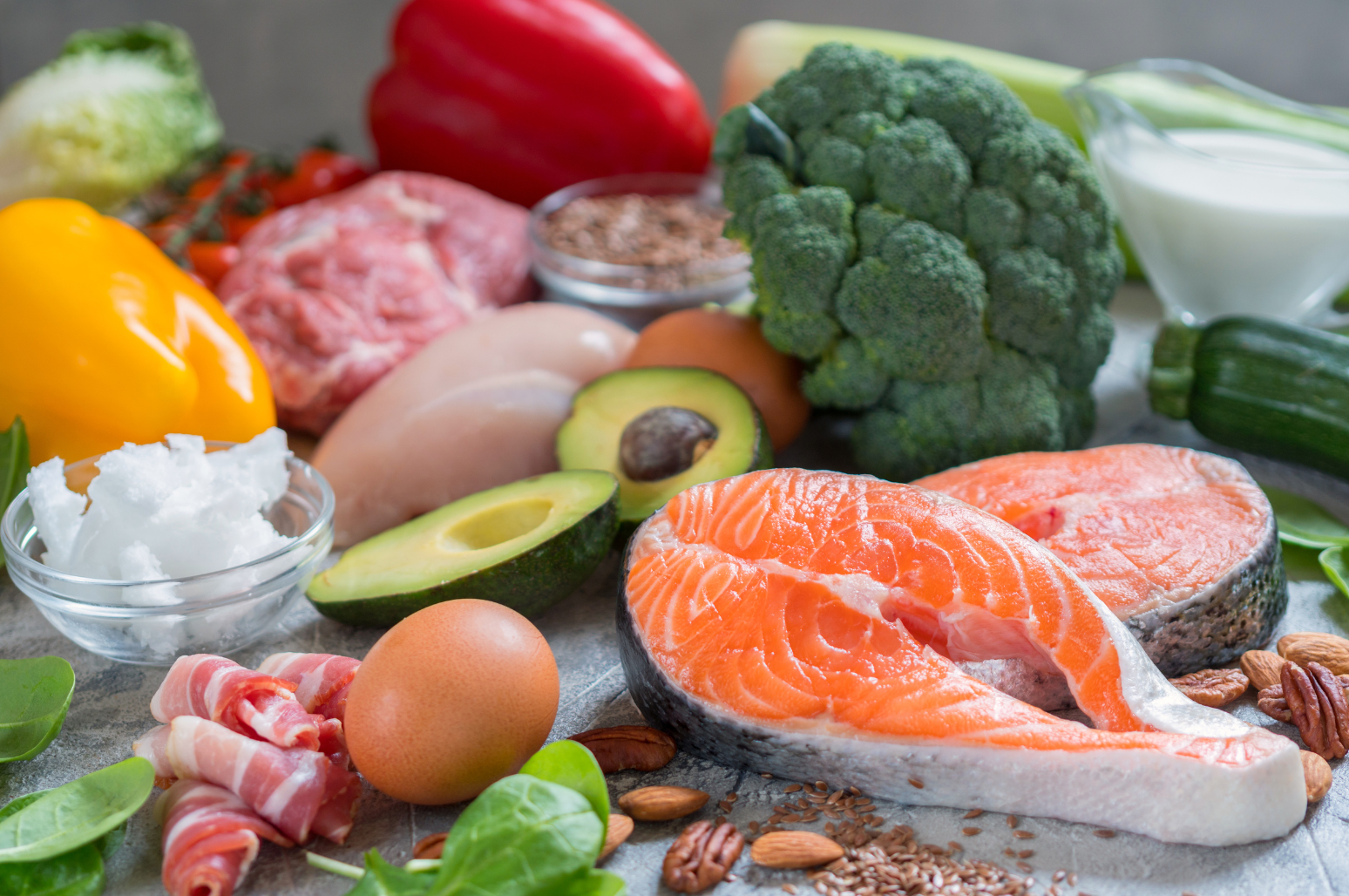
Families try a ketogenic diet with their children for a multitude of reasons, from weight loss and epilepsy to autism and autoimmune disease. One of the biggest questions is: Do kids need to supplement with multivitamins on keto?
As children develop, they need certain vitamins and nutrients for optimal growth and development. If you’ve decided to try the ketogenic diet for your child, you probably have questions about their health and nutrition. Will your child get enough access to healthy nutrients and complete vitamins on keto or will you need to do more? Is the ketogenic diet the right approach for your child?
Kids and Nutrient Deficiencies
Kids are at an increased risk of nutrient deficiencies. Overall, the consensus is that the ketogenic diet can be perfectly safe and beneficial for children, as long as it’s done correctly with enough fiber and a variety of nutrient-dense foods. In some circumstances, vitamin supplementation might be necessary.
Nutrient needs for kids depend on several factors, including age, sex, growth, size, and activity level. Health experts believe young children between 2 and 8 need around 1000 to 1400 calories a day and children between 9 and 13 need 1400 to 2600 [1].
In addition to getting enough calories, children also need nutrients and vitamins. Some of the most important nutrients for children are calcium, iron, and vitamin A, B12, C, and D [2].. Kids need sufficient amounts of nutrients to help them grow properly and build strong bones, such as vitamin D and calcium.
In early life, zinc, iron, iodine, choline, folate, and vitamins A, B12, and D are all vital for brain development [3]. [4].
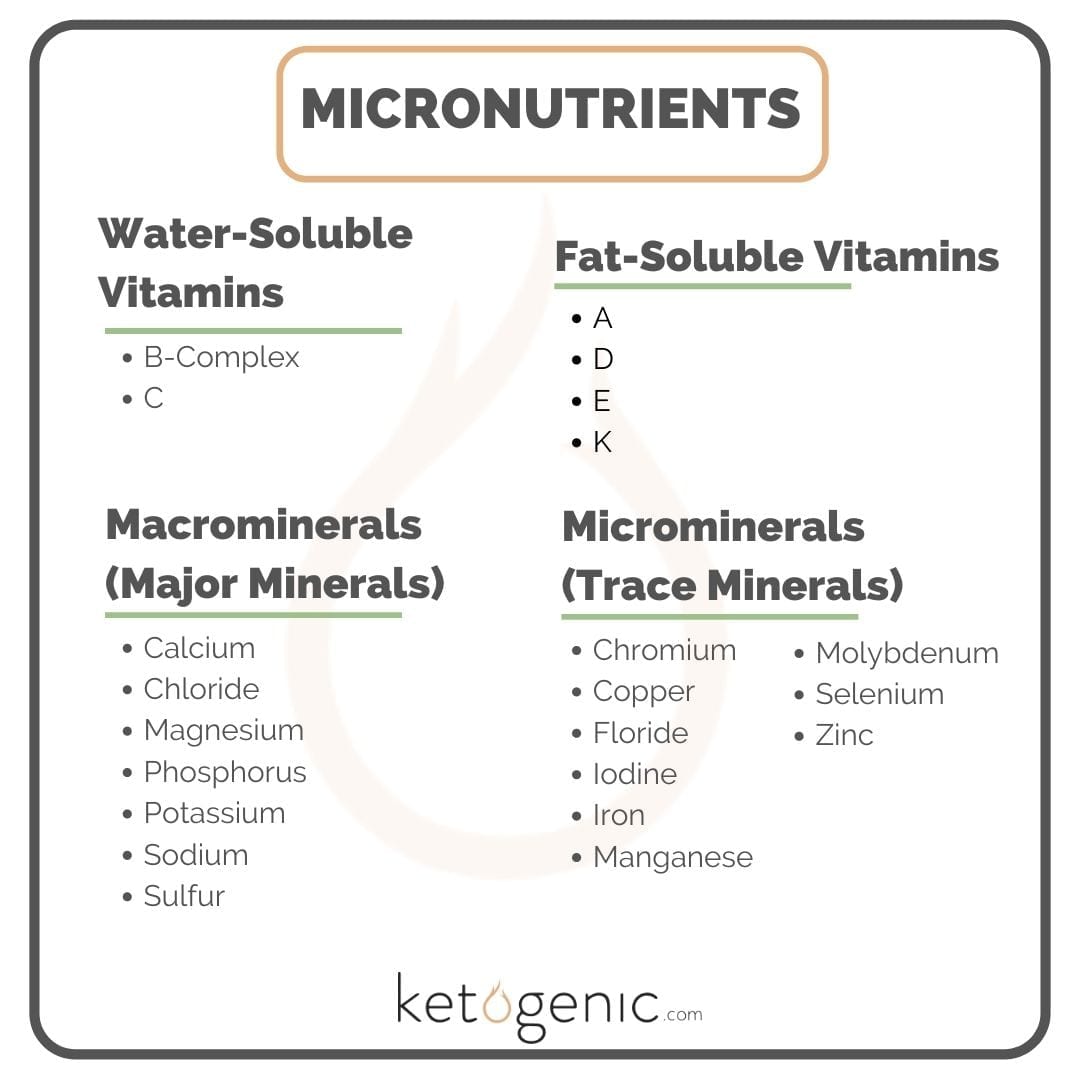
Kids and Nutrient Deficiencies
Kids are at an increased risk of nutrient deficiencies. Overall, the consensus is that the ketogenic diet can be perfectly safe and beneficial for children, as long as it’s done correctly with enough fiber and a variety of nutrient-dense foods. In some circumstances, vitamin supplementation might be necessary.
Nutrient needs for kids depend on several factors, including age, sex, growth, size, and activity level. Health experts believe young children between 2 and 8 need around 1000 to 1400 calories a day and children between 9 and 13 need 1400 to 2600 [1].
In addition to getting enough calories, children also need nutrients and vitamins. Some of the most important nutrients for children are calcium, iron, and vitamin A, B12, C, and D [2].Kids need sufficient amounts of nutrients to help them grow properly and build strong bones, such as vitamin D and calcium.
In early life, zinc, iron, iodine, choline, folate, and vitamins A, B12, and D are all vital for brain development [3] [4].
What are Some of the Most Important Vitamins in Kids Multivitamins
For children on a ketogenic diet, some health professionals recommend supplements to meet vitamin and mineral needs. The most recommended supplements for kids on keto are a multivitamin and vitamin D. Depending on the circumstances, keto kids might also be given other supplements, such as fish oil, vitamin C, iodine, and probiotics.
In general, with kids, specific circumstances might warrant supplementation. Certain mineral and vitamin supplements might be needed for kids at risk of deficiencies, such as those who:
- Follow a vegan or vegetarian diet
- Have a condition affecting nutrient absorption, such as celiac disease
- Are picky eaters who have trouble consuming a variety of foods
- Have had a surgery affecting the stomach or intestines
Of course, there’s more than one way to go keto and, in some instances, even if your child is consuming a well-balanced keto diet with a variety of nutrient-dense foods, they might still need supplementation [5] [6] [7].
One of the most common and problematic deficiencies in children is iron. Fortunately, the ketogenic diet involves lots of iron-rich foods, such as green leafy vegetables, red meats, sardines, and eggs [8]. Iron is an essential mineral that helps transport oxygen to the cells. Different types of iron are found in animal and plant foods. Worldwide, iron deficiency is one of the most prevalent nutrient deficiencies affecting over 25% of the global population. Iron deficiency leads to anemia [9] [10] [11]
Children eating plant-based keto diets might be at risk of deficiencies in iron, zinc, calcium, and vitamins B12 and D, especially if they eat little to no animal products. 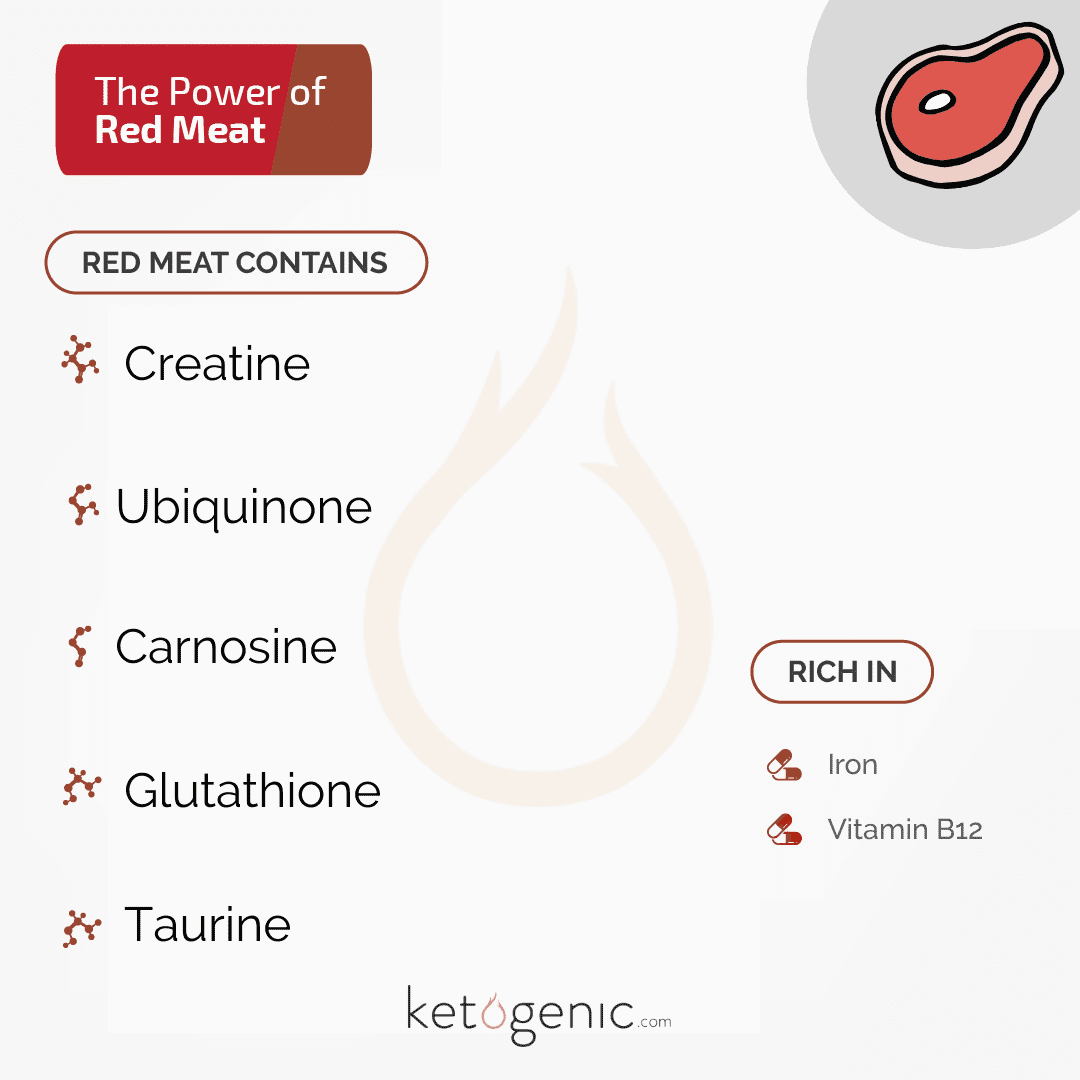
Some nutrient deficiencies can be dangerous and pose serious health risks, abnormal growth, and developmental delays. However, many experts believe it’s possible for kids on plant-based keto to get enough nutrients from plant foods that contain or are fortified with certain minerals and vitamins [12].
Remember, mineral or vitamin supplements can be toxic to children when taken in excess amounts, particularly the fat-soluble vitamins A, D, E, and K. Candy-like gummy vitamins can be easy to overeat and many chewable gummies contain added sugar or unhealthy ingredients and additives. If you think your child has taken too much of a mineral or vitamin, contact a healthcare provider as soon as you can.
As always, discuss supplements with your healthcare provider before giving them to your child. Look for quality brand supplements that have been tested by a third party, such as NSF International. Go for vitamins that are specifically designed for kids and make sure they take the appropriate doses.
Do You Have a Keto Kid?
Does your keto kid take a multivitamin? Share your child’s experience with the ketogenic diet.
References
Amit, M. (2010). Vegetarian diets in children and adolescents. Paediatrics Childs Health, 15(5), 303-308.
Pacheco, G. G>, Cortes, E. C., & Castillo-Duran, C. (2014). Micronutrient deficiencies and celiac disease in pediatrics.Archivos Argentinos Pediatria, 112(5), 457-463.
Xue, Y., Zhao, A., Cai, L., Yang, B., Szeto, I. M. Y., Ma. D., Zhang, Y., & Wang, P. (2015). Growth and development in Chinese pre-schoolers with picky eating behaviour: A cross-sectional study.
McLean, E., Cogswell, M., Wojdyla, D., & De Benoist, B. (2009). Worldwide prevalence of anaemia, WHO vitamin and mineral nutrition information system, 1993-2005. Public Health Nutrition, 12(4), 444-454.
Clark, S. F. (2008).Iron deficiency anemia. Nutrition in Clinical Practice, 23(2), 128-141.
Jain, R., Singh, A., Mittal, M., & Talukdar, B. (2015). Vitamin b12 deficiency in children: A treatable cause of neurodevelopmental delay. Journal of Child Neurology, 30(5), 641-643.




